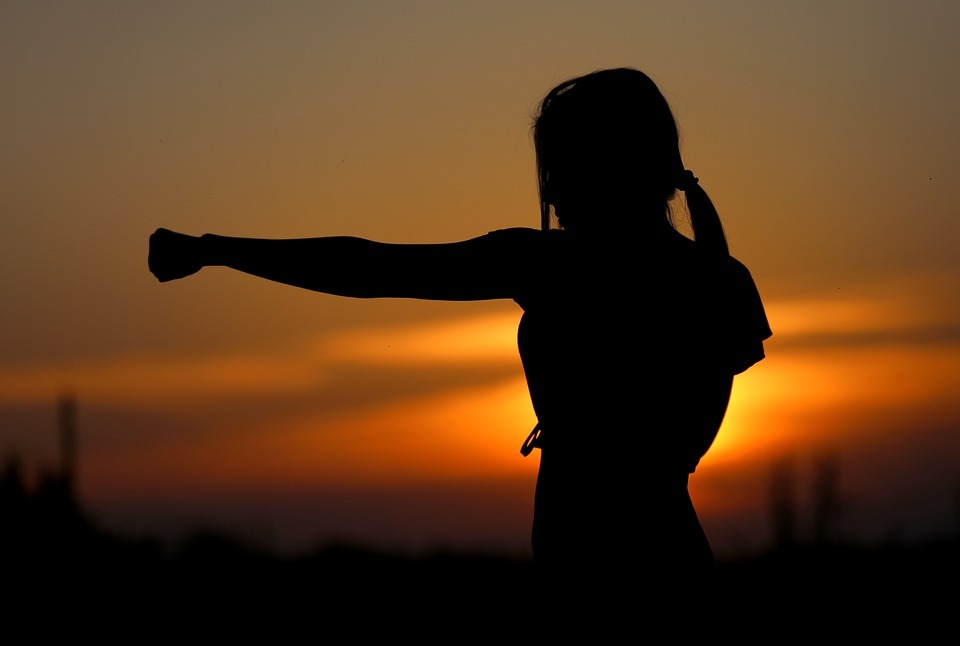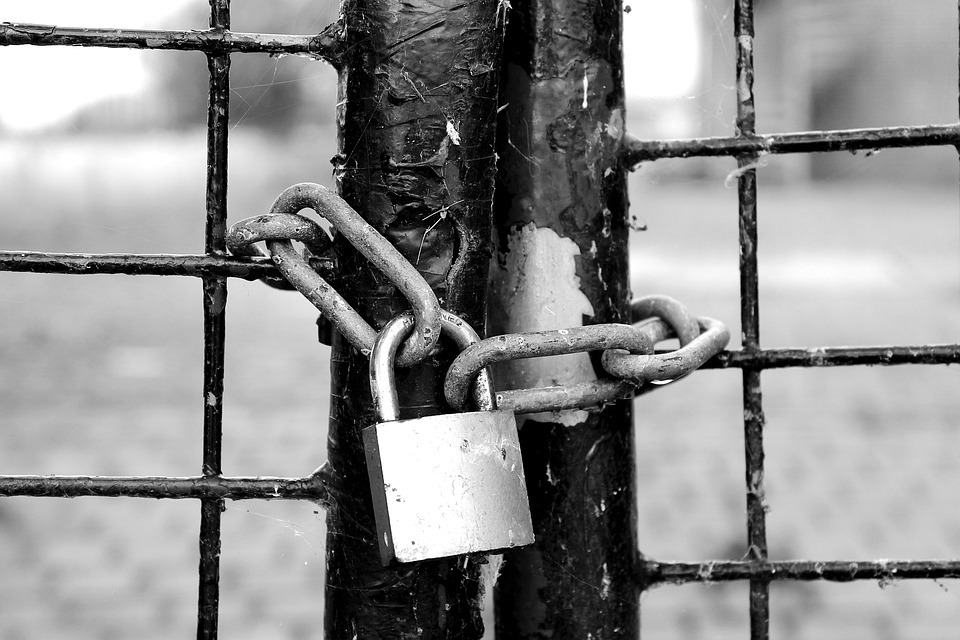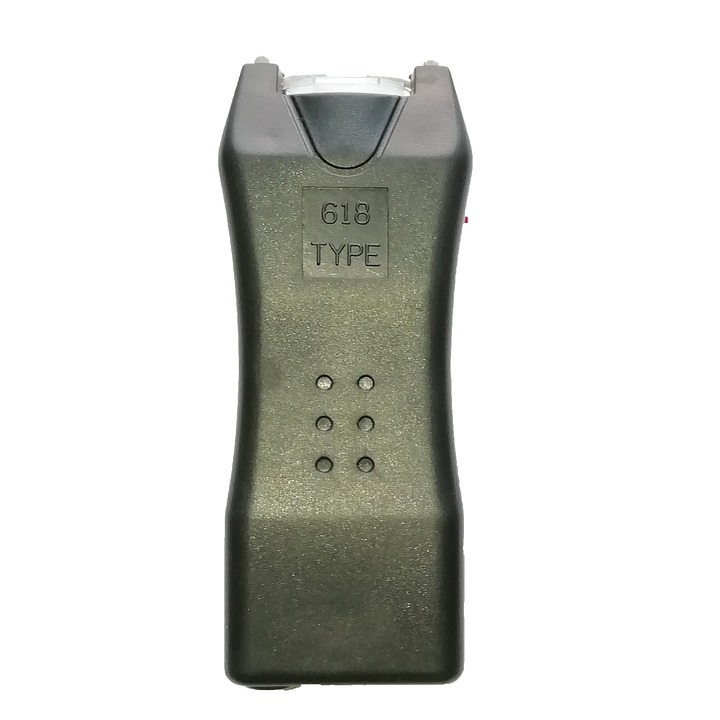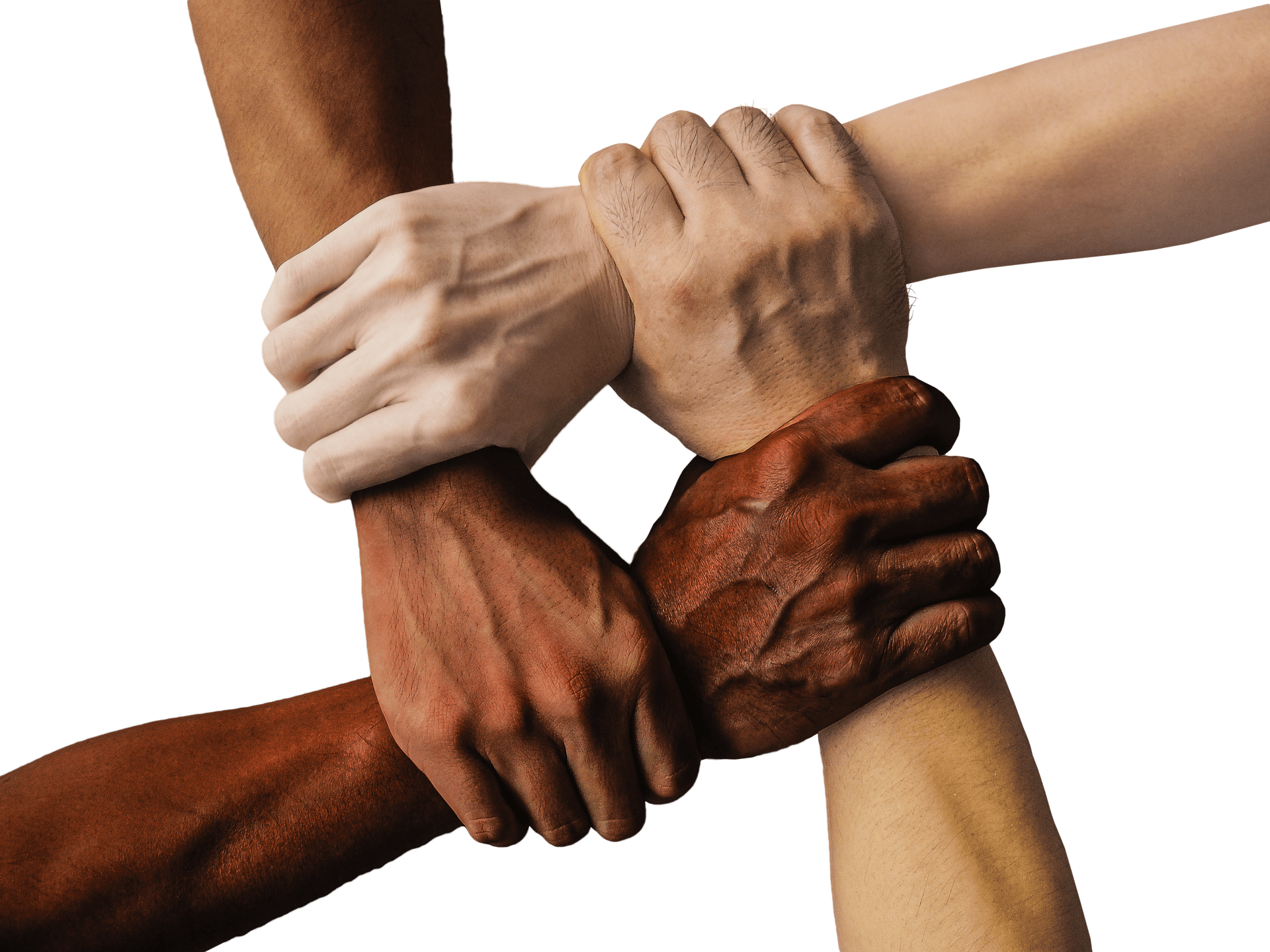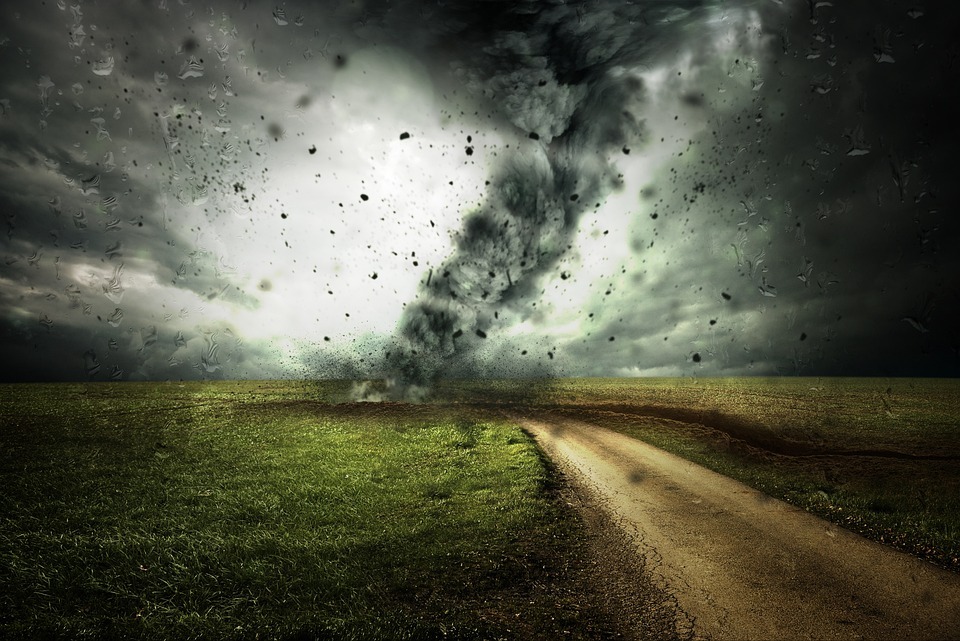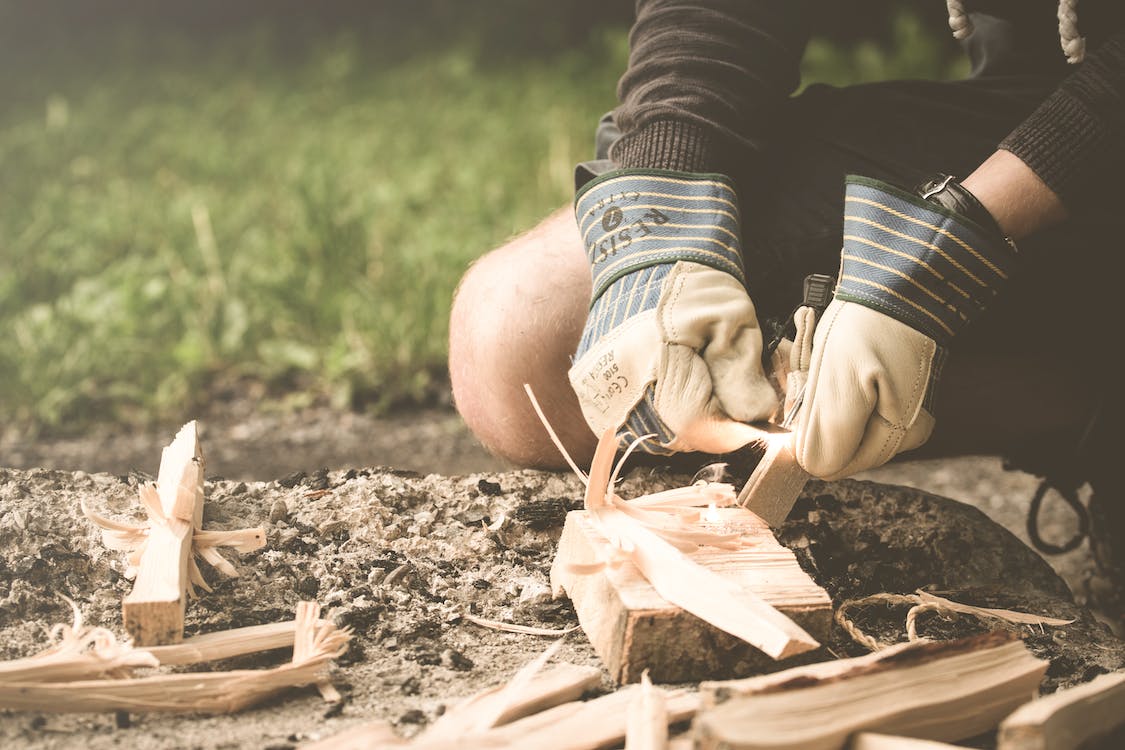Off-grid living has grown in popularity among individuals seeking a more self-sufficient and ecologically conscientious way of life. But, with this freedom comes the responsibility of safeguarding oneself against potential threats. Off-gridders must be prepared to cope with emergencies and keep safe because they live in isolated regions distant from typical support systems. In this post, we’ll look at several practical methods off-gridders can protect themselves, including securing their land, carrying self-defense tools, forming a strong community, preparing for natural calamities, and acquiring key survival skills. Off-gridders can get the benefits of their lifestyle choice while limiting hazards by applying these measures.
Securing Your Property
Securing your home and belongings is necessary when you’re off the grid. While it’s common to believe that escaping to a rural region will keep you safe, it’s crucial to note that not having any standard security measures in place may make you more vulnerable. As a result, taking the required security measures to safeguard your belongings is critical.
Putting up sturdy fences around the perimeter of your property is a good first step in making it more secure. This can be a deterrent and physical barrier to preventing unwanted visitors from entering your home. Fencing should be built from solid materials like steel, wood, or concrete and tall enough to prevent anyone from climbing over it. Maintaining your fence regularly can ensure that it remains strong and secure.
A strong fence isn’t enough to keep off intruders, though; you also need gates and doors with strong locks. The materials used to build a gate are just as important as the locks, which should be solid and challenging to pick. Getting locks that can withstand attempts to pick or drill them is crucial. Likewise, doors should not only be made of sturdy stuff, but they should also have sturdy locks, deadbolts, and reinforced hinges to thwart any attempts at breaking them down.
Consider putting in alarms, motion detectors, and security cameras to make your property as safe as possible. Remotely monitoring your home with security cameras and documenting any suspicious activity they catch on film is powerful. If you install motion detectors and alarms, you can respond promptly and decisively to any danger.
Last but not least, sufficient illumination is necessary for any effective security system. In addition to increasing your nighttime visibility, bright lights can repel any would-be burglars. Motion-sensor lights installed around your home can also help you be more aware of suspicious activity.
Carry Self-Defense Tools
When living off the grid, it’s critical to be prepared for potential risks. While it is always preferable to avoid confrontation, having self-defense items can provide an extra layer of protection and make you feel safer.
Pepper spray is a common self-defense weapon that can dissuade attackers. It’s simple to transport, legal in most places, and can momentarily paralyze an attacker by inflicting burning and inflammation of the eyes, nose, and throat. While employing pepper spray, aim for the attacker’s face and maintain a safe distance.
Tasers are another useful self-defense technique against assailants. They employ electrical shock to momentarily incapacitate an assailant and allow you to flee. Tasers are simple to operate, and wide varieties are compact and portable, making them convenient to transport. They can, however, be costly, and some types may not be legal in all places.
Guns are the most effective form of self-defense, but they also necessitate the most training and responsibility. If you decide to carry a firearm for self-defense, you must first receive sufficient training in its safe handling, storage, and usage. You must also follow local rules and regulations on handgun ownership and carry. Remember that carrying a firearm entails a great deal of responsibility, and you must be prepared to use it only as a last resort in a legal and responsible manner.
Knives, stun guns, and personal alarms are some self-defense equipment to consider packing. But keep in mind that the efficiency of these instruments is determined by your level of training, comfort, and expertise with them.
Building a Community
Living off the grid might be a lonely existence, but establishing a strong community can provide tremendous benefits, such as enhanced safety and security. A network of like-minded people can offer support and assistance during an emergency, as well as chances to share resources and expertise.
Begin by reaching out to other off-gridders in your area to form a strong community. Participate in local community activities and meetings, online organizations and forums, and volunteer opportunities. It’s critical to be friendly and open-minded, as well as to contribute your skills and resources to others in the community.
If you’ve made contacts with other off-gridders, consider establishing monthly meetings or gatherings to foster relationships and share ideas. These gatherings can also be used to discuss prospective dangers and establish emergency response methods.
Cooperation on community projects, such as infrastructure construction and maintenance, can also serve to enhance communal relationships. Collaborate to create water systems, renewable energy sources, and shared spaces like community gardens or recreational areas. These projects can assist in fostering community trust and a sense of shared responsibility.
Building community communication channels, such as a phone tree or social media group, is also critical to keep everyone informed about potential dangers or situations. This can aid in the rapid and coordinated reaction to any possible threats.
Finally, building a strong community involves prioritizing everyone’s safety and security. Establishing community safety standards and guidelines, such as locking up communal facilities and reporting suspicious activities, is something to consider. The community should know these protocols and collaborate actively to ensure everyone’s safety.
Preparing for Natural Disasters
Off-grid living frequently entails being self-sufficient and independent, but it also entails being prepared for natural disasters that might strike without warning. Natural calamities such as hurricanes, earthquakes, wildfires, and floods can be disastrous, especially for individuals who live off the grid. As a result, being well-prepared for such circumstances is critical.
To begin, you should be aware of the natural disasters that are widespread in your area, as well as learn about their special hazards and how to prepare for them. This information is available from local emergency management authorities as well as online resources. You should also keep an eye on weather reports and other news sources to stay up to date on any coming natural disasters.
It is critical to have a disaster preparedness kit on hand in order to survive natural calamities. Food, water, medication, and first-aid supplies should all be included in your kit. For communication, you should also take flashlights, batteries, and a portable radio. Consider bringing items such as a solar-powered charger, additional clothing and bedding, and any other items relevant to your family’s needs in addition to these fundamentals.
Secure doors and windows, trim trees and bushes and reinforce roofs and walls to protect your property from natural calamities. If you reside in a flood-prone location, you should also consider purchasing flood insurance.
In addition to physical preparations, a strategy for what to do during and after a natural disaster is essential. Develop and practice your evacuation strategy with your family, and designate a safe meeting location in the event that you become separated. To avoid fires and explosions, make sure you know how to turn off utilities such as gas and electricity.
Learning Survival Skills
Off-grid life might imply being self-sufficient and living in isolated places with limited access to emergency services or modern luxuries. Therefore, survival skills are necessary for people who prefer to live off the grid. Learning how to survive in the woods or in an emergency circumstance can save lives and make living off the grid a more sustainable way of life.
Knowing how to find and purify water is one of the most critical survival abilities. This expertise is especially important in dry or isolated places with limited water sources. Learn how to find and recognize healthy water sources such as streams, rivers, and natural springs. You should also be able to filter and cleanse water so that it is safe to consume. Water purification procedures commonly used include boiling, chemical treatment, and using a water filter.
Knowing how to ignite a fire is another essential survival skill. Fire may give heat, light, and a way to cook food. You should learn how to ignite a fire using several methods, such as flint and steel or a bow drill. Understanding how to properly maintain and extinguish a fire to avoid wildfires and other accidents is also critical.
Basic first aid skills are also necessary for survival in the wilderness or in times of emergency. Minor injuries like cuts, burns, and insect bites, should be treated. You should also learn CPR and other life-saving techniques in a medical emergency.
Another key survival skill is the ability to construct a shelter. A well-built shelter can keep you warm and dry while protecting you from the elements. You should learn how to construct various shelters from natural resources like branches, leaves, and mud.
What You Need for Living Off-Grid
Living off the grid is more complicated than simply unplugging your life and property from the electrical grid. Understanding these self-defense tips is insufficient. Several items will be required to not only increase your survival skills but also to have a far more comfortable and safe time living off the grid. This handy infographic shows a list of what you’ll need to live off the grid.
Living off the grid can be an enjoyable experience, but it also demands careful planning and preparation in order to be safe. You can enjoy the benefits of living off the grid while limiting the risks by securing your property, carrying self-defense tools, developing a strong community, preparing for natural disasters, and acquiring survival skills.

